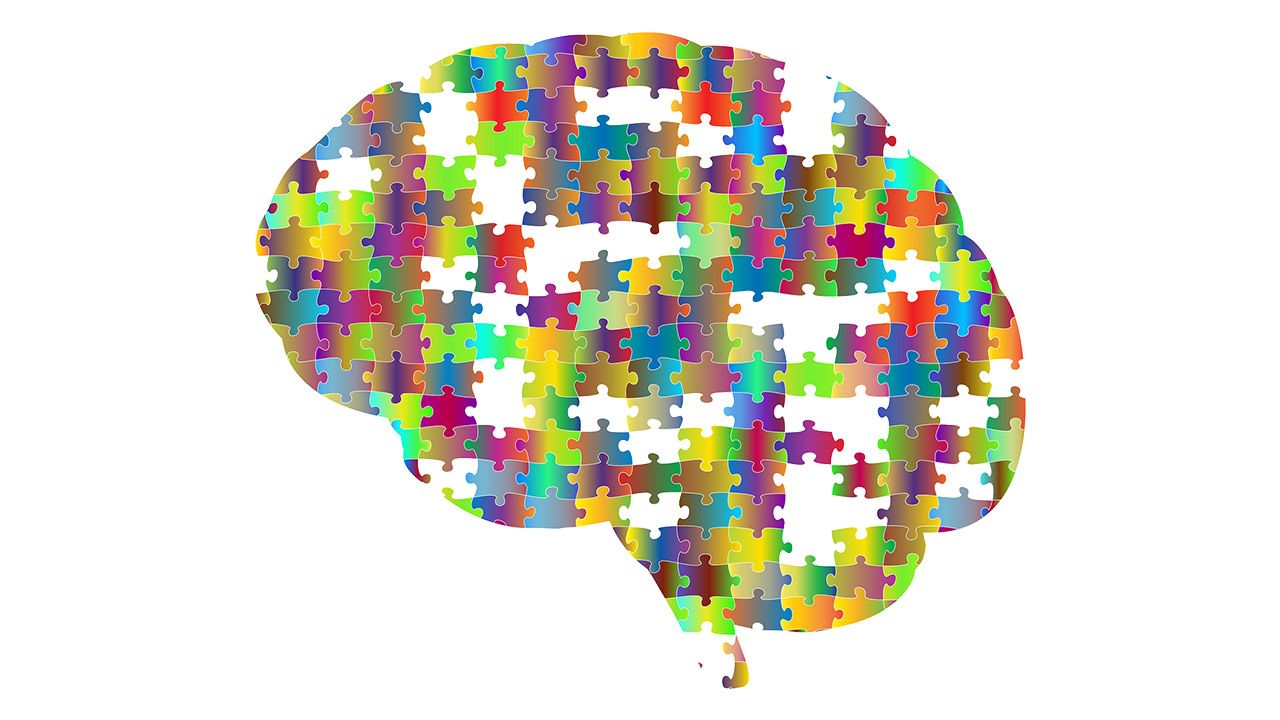Blog
Eating for brain health

When you are born your brain weighs about 500g, but by the time that you are an adult it has grown to a very impressive weight of 1.5kg – that’s the same as 3 bags of sugar. We all know that we are nothing without our brains – the brain controls vision, language, memory, emotion & behaviour as well as regulating our motor movements (everything we think, feel, say and do).
Given how much money we spend on taking care of our skin and styling our hair – why is it that we don’t spend as long thinking about the care routine for what is under our skin and hair – our brain.
Good mental health and resilience are so important to our overall health and wellbeing. At MRA we are clear from our comprehensive research and experience that there are 5 main elements that make up resilience: Awareness, Physical Wellness, Mental Wellness, Thriving, and Meaningful Relationships.
Nutrition is one of the tools that can be used to improve both the physical and mental elements of resilience. When we delve into mental resilience the gut brain axis is a hugely important area but there are also certain nutrients that are really important for your mood and mental health.
B12
Are you making the choice to be more sustainable? Have you removed or reduced your intake of meat and meat products? It might be worth thinking about Vitamin B12 if this is the case. This is a water-soluble vitamin and plays a big role in a person’s mood, as well as keeping nerves and blood cells healthy. For most people, meeting their requirement is not a problem, however for those eating more sustainably they be unknowingly removing this valuable nutrient from their diet. The main dietary sources are animal protein foods such as meat/fish, eggs and dairy. Therefore, certain people need to be aware of the fortified options including fortified nutritional yeast, and certain meat free options and fortified milks, otherwise they may find their mood suffering.
Folate
Another crucial vitamin is folate and worryingly 1/3 of UK adult men and women are at risk of deficiency. This might not come as a surprise when you hear what foods it is found in – green vegetables, oranges and other citrus fruits beans, lentils and seeds. Folate has a long list of credentials to its name – it is involved with mood, anxiety, sleep, attention and motivation. If you think that popping into the pharmacy to buy a supplement will solve the problem, this is not the best solution. Firstly, you miss out on the other wonderful nutrients that are found in food, and secondly 6-14% of the population have an enzyme defect that means that the conversion of the inactive form of folate in the supplement into the active form is very poor. Adding folate rich foods is not as hard as you may think - you simply need to add beans, lentils and seeds into the meals that you are already cooking.
Selenium
One final nutrient to mention is a mineral called selenium. Selenium is found in our soils and ends up being accumulated into the foods that we eat. If our levels are low, it can increase the incidence of feeling depressed and other negative mood states. 66.6% of males and 60% of females over the age of 20 in the UK have less than the recommended intake per day. Although you do get some of this nutrient from meat and fish, you also need to be including other foods such as seeds, brazil nuts and wholegrains in your diet to top up your levels. 2-3 brazil nuts are enough to meet your whole requirement.
This was just a whistle stop tour of nutrients and brain health, but hopefully it was enough to whet your appetite (pun intended!). It is always the right time to focus on yourself. Your resilience is so important to your overall happiness, and crucial in maintaining a good work-life balance.
Go on - snack on 3 brazil nuts, have some broccoli with your dinner and throw some seeds in your soup – you and your brain deserve it!
Orla Stone, Dietitian, HPC Registered









